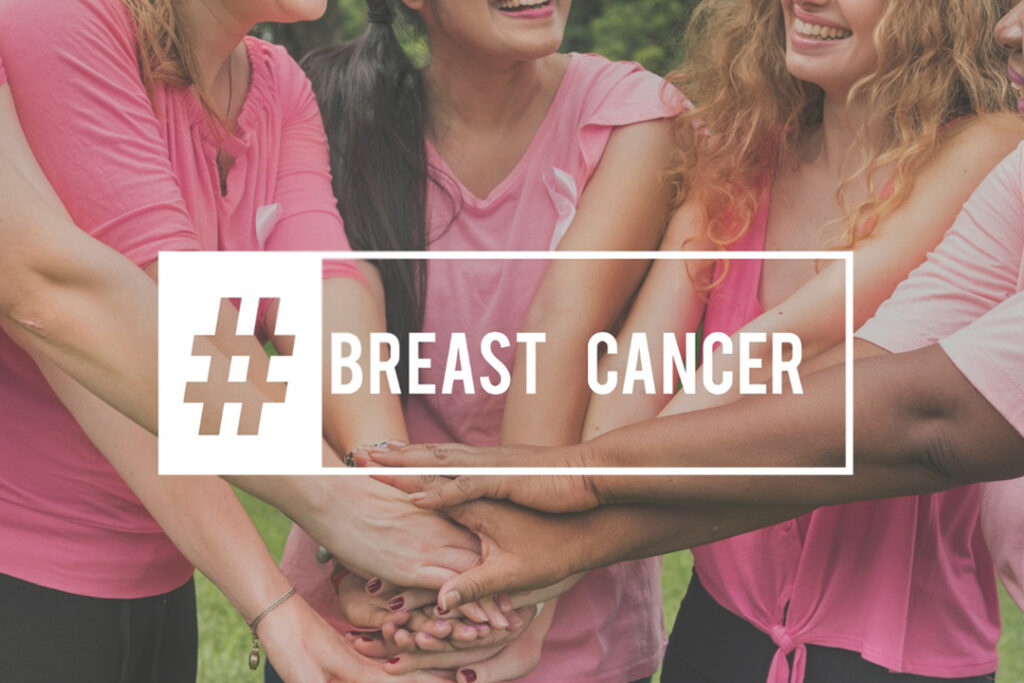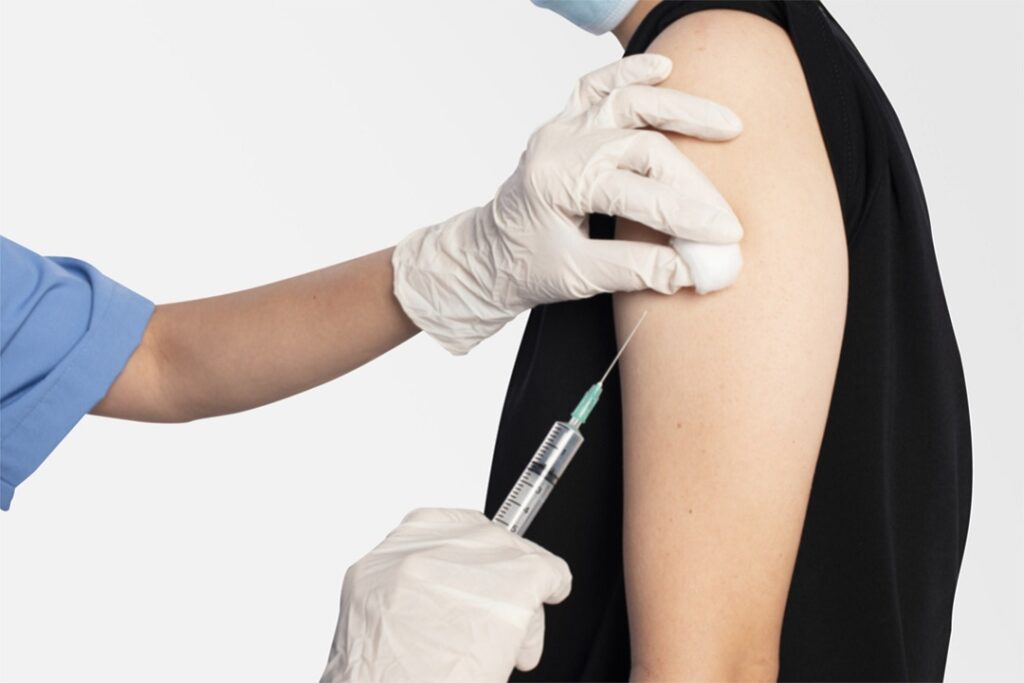The Former Cricketer & Politician Controversy: A Cancer Specialist’s Perspective on Evidence-Based Treatment
Recent claims by former cricketer and politician regarding the role of dietary changes in curing his wife’s stage IV breast cancer have sparked significant debate among patients, caregivers, and the medical community. While holistic health and nutrition undeniably improve overall well-being during cancer treatment, such statements risk misleading the public if they overshadow the importance of evidence-based medical care.
As an oncologist, this issue demands a clear, fact-based discussion to address misconceptions and emphasise the critical importance of scientifically validated treatments.
Understanding the Claims
The Former Cricketer & Politician credited a dietary regimen—eliminating sugar, milk products, refined oil, wheat, and refined wheat, and incorporating ingredients like turmeric, neem leaves, lemon juice, cinnamon, and quinoa—as instrumental in his wife’s recovery from stage IV breast cancer. While such dietary changes may complement medical treatment by supporting immunity and reducing inflammation, no scientific evidence suggests they can cure cancer.
Following the Former Cricketer & Politician’s media conference, the Tata Memorial Centre, India’s leading cancer hospital, issued a statement, supported by over 262 current and former oncologists, urging the public to avoid relying on unproven remedies. They stressed that while research into some of these natural products is ongoing, no clinical data currently supports their use as standalone anti-cancer agents.
The Danger of Misinterpreted Messages
The Former Cricketer & Politician claims, though likely well-intentioned, risk fostering a dangerous narrative that dietary changes alone can cure cancer. This is particularly concerning in a country like India, where misinformation can quickly spread, leading patients to delay or forgo evidence-based treatments such as surgery, chemotherapy, radiation, or targeted therapies.
The TMC’s statement underscored this concern, urging individuals to promptly report cancer symptoms to qualified healthcare professionals and to follow evidence-based treatment protocols recommended by trained oncologists.
What Does Science Say About Nutrition and Cancer?
- Supportive, Not Curative:Nutrition plays a vital role in cancer care by helping patients maintain strength, manage treatment side effects, and improve quality of life. However, there is no evidence to support claims that dietary changes alone can shrink tumors or cure cancer.
- Ongoing Research:Ingredients like turmeric (curcumin), neem, and cinnamon are being studied for their potential anti-inflammatory and anti-cancer properties. However, the findings are preliminary and not robust enough to replace standard treatment.
- Individualized Care:Each cancer case is unique. A diet that worked for one patient may not work for another. Patients should consult oncologists and trained dietitians to develop personalized nutrition plans that complement their treatment.
The Role of Oncologists: Bridging the Gap Between Beliefs and Science
As oncologists, our role extends beyond providing treatment. We must also educate patients and their families about the importance of evidence-based care while respecting their preferences and beliefs. If a patient wishes to incorporate alternative remedies or dietary changes, it is essential to have an open dialogue, ensuring these choices do not interfere with standard treatments.
A Balanced Perspective
The cricketer later clarified that the diet plan was meant to facilitate treatment and was prepared in consultation with doctors. This highlights an important point: holistic measures can be valuable, but they should be seen as complementary, not curative.
It is crucial for public figures, especially those with significant influence, to responsibly communicate such claims. Misinterpretation of their words can have severe consequences, including delayed treatment or reliance on ineffective remedies.
Key Takeaways for Patients and Caregivers
- Consult Oncologists:Always seek advice from qualified cancer specialists for diagnosis and treatment.
- Beware of Misinformation:Be cautious of claims that lack scientific backing. Consult trusted medical sources for information.
- Nutrition Matters, But So Does Treatment:A balanced diet supports overall health but cannot replace evidence-based treatments like surgery, radiation, chemotherapy, or immunotherapy.
- Early Detection is Crucial:Reporting symptoms early and undergoing timely screening can significantly improve outcomes.
- Ask Questions:Patients should feel empowered to ask their oncologists about nutrition, alternative therapies, and how these can complement standard care.
Final Thoughts
Cancer treatment is a complex journey that requires a multidisciplinary approach, including oncologists, nutritionists, counsellors, and caregivers. While lifestyle modifications and dietary adjustments can play a supportive role, they are not substitutes for proven treatments.
Let us prioritize clarity and compassion in cancer care, ensuring that every patient has access to accurate information and the best possible treatment. The medical community must continue to advocate for evidence-based approaches while respecting patients’ autonomy and choices.


